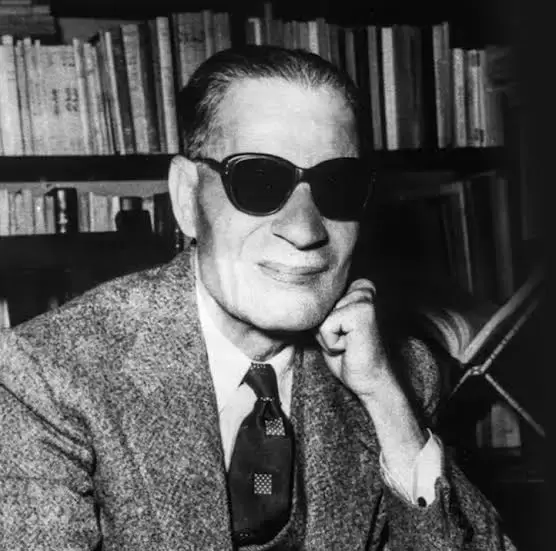Taha Hussein
was an Egyptian writer and critic

- Name: Taha Hussein
Taha Hussein
Taha Hussein Ali bin Salama was an Egyptian writer and critic, known as the Dean of Arabic Literature. He is considered one of the most prominent figures in the modern Arab literary movement. Taha Hussein's ideas and stances continue to spark controversy today.
(November 14, 1889 – October 28, 1973)
Education and Academic Career
Taha Hussein studied at Al-Azhar University and then enrolled in the national university when it opened in 1908, obtaining his doctorate in 1914. He later traveled to France to further his studies, returning to work as a professor of history and later as a professor of Arabic language. He served as the dean of the Faculty of Arts, then as the director of Alexandria University, and finally as Minister of Education. Some of his most famous works include "In Pre-Islamic Poetry" (1926) and "The Future of Culture in Egypt" (1938). He was nominated for the Nobel Prize in Literature 21 times.
Biography
Birth and Early Life
Taha Hussein was born on Friday, November 14, 1889, as the seventh of thirteen children in his family. He grew up in the village of Kilo near Maghagha in the Minya Governorate. At the age of four, he lost his sight due to an eye infection caused by a lack of proper medical care. His father enrolled him in a local Quranic school to learn Arabic, arithmetic, and Quran recitation, where he demonstrated exceptional memorization skills.
Education
Taha Hussein entered Al-Azhar in 1902 to study religious sciences but found the education tedious and the teaching methods outdated. When the Egyptian university opened in 1908, he was among the first to enroll, studying modern sciences, history, geography, and participating in lessons at Al-Azhar. He earned his doctorate in 1914 with a thesis titled "The Memory of Abu al-‘Ala," which generated significant controversy.
In the same year, he was sent by the Egyptian university to Montpellier, France, to study psychology and modern history. He returned to Egypt in 1915, during which time he engaged in numerous intellectual battles, prompting authorities to withdraw his scholarship. However, the intervention of Sultan Hussein Kamel allowed him to return to France, where he studied in Paris and wrote his second thesis, "The Social Philosophy of Ibn Khaldun."
Conclusion
Taha Hussein is regarded as a symbol of modern Arabic literature, having enriched the Arab literary scene with his ideas and critical insights. His works continue to inspire academic and cultural discussions to this day.

